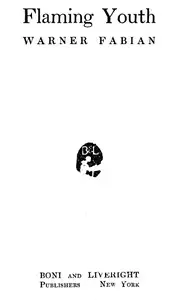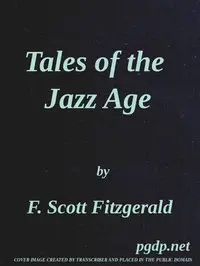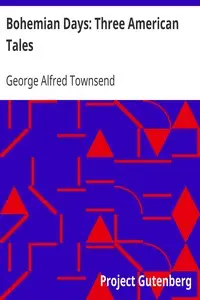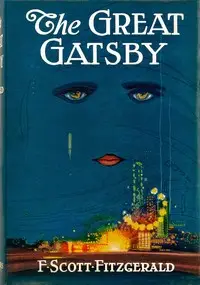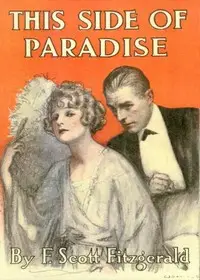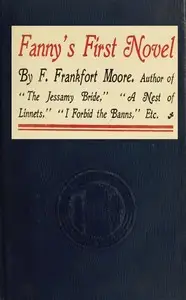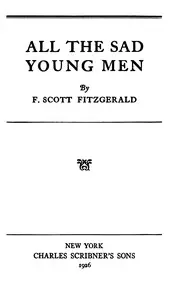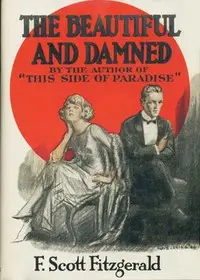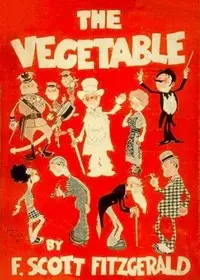** "Flappers and Philosophers" by F. Scott Fitzgerald is a gathering of tales from the roaring twenties, spotlighting young people, especially flappers, during the Jazz Age. These stories explore their craving for fun, romance, and breaking away from old rules. A key person you'll meet is Ardita Farnam, who shows the rebellious and independent nature of the time, going against what society expects. The book starts with a scene of her hanging out on a boat, drinking lemonade, and ignoring her uncle's warnings about her risky love life, right before she goes to Palm Beach to stay true to her desire for freedom. **

Flappers and Philosophers
By F. Scott (Francis Scott) Fitzgerald
** In an era of jazz and rebellion, young flappers challenge societal norms as they chase love and independence.
Genres
Released
2003-08-01
Formats
epub (images)
epub
mobi (images)
epub3 (images)
mobi
txt
Free Download
Summary
About the AuthorFrancis Scott Key Fitzgerald, widely known simply as Scott Fitzgerald, was an American novelist, essayist, and short story writer. He is best known for his novels depicting the flamboyance and excess of the Jazz Age, a term he popularized in his short story collection Tales of the Jazz Age. During his lifetime, he published four novels, four story collections, and 164 short stories. Although he achieved temporary popular success and fortune in the 1920s, Fitzgerald received critical acclaim only after his death and is now widely regarded as one of the greatest American writers of the 20th century.
Francis Scott Key Fitzgerald, widely known simply as Scott Fitzgerald, was an American novelist, essayist, and short story writer. He is best known for his novels depicting the flamboyance and excess of the Jazz Age, a term he popularized in his short story collection Tales of the Jazz Age. During his lifetime, he published four novels, four story collections, and 164 short stories. Although he achieved temporary popular success and fortune in the 1920s, Fitzgerald received critical acclaim only after his death and is now widely regarded as one of the greatest American writers of the 20th century.
Total Reviews
10.0k
Total reviews from Goodreads may change


